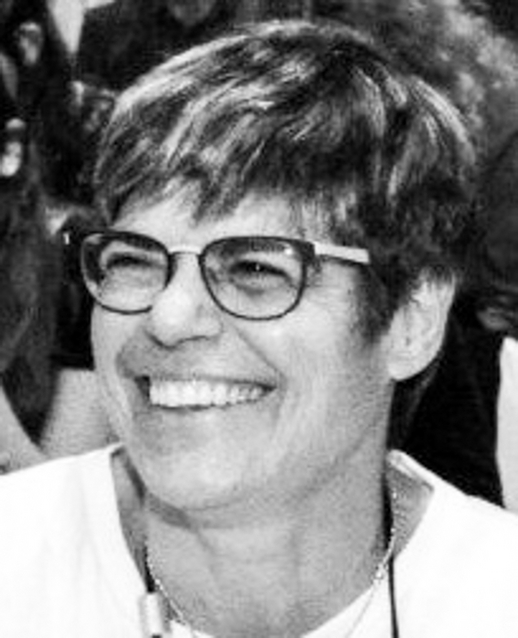Naama Barkai was born and raised in Jerusalem. During her doctoral studies in the Physics Department of the Hebrew University, she became interested in biological computation systems and began using tools of statistical physics to study models of neural networks. Her interests then shifted to computation systems that function within cells, and she joined a group at Princeton University that was studying a bacterial sensing system. Her theoretical studies, and the experimental studies that followed, established this bacterial sensing pathway as a main model for systems biology studies.
Barkai joined the Weizmann Institute in late 1999, just as the genomic revolution was getting underway. She was fortunate to be among the physics-trained biologists who were applying tools and concepts from the quantitative sciences to study how cellular computation systems are designed. This group was the founding core of the emergent field of systems biology. Barkai’s work contributed to two subfields of systems biology: understanding the design principles of biological circuits on a relatively small scale, and understanding principles of gene expression at the genomic level. A central contribution of Barkai’s work is the formulation and application of the robustness principle. Biological circuits, in contrast (perhaps) to man-made computation devices, work within what is inherently a highly noisy environment, as manifested in different dimensions. The robustness principle suggests that the biological circuits selected by evolution are robust; that is, they perform their function reliably in a noisy environment, showing minimal dependency on the kinetics of quantitative parameters. Over the years, Barkai has applied this principle to reveal design principles and operational mechanisms of multiple circuits that work in diverse contexts. In particular, her work has revealed mechanisms that function during multicellular development to pattern the body plan.
Barkai is a faculty member in the Department of Molecular Genetics at the Weizmann institute. She has received several awards in recognition of her work, including the EMBO award for women in science and the Rothschild Prize.




